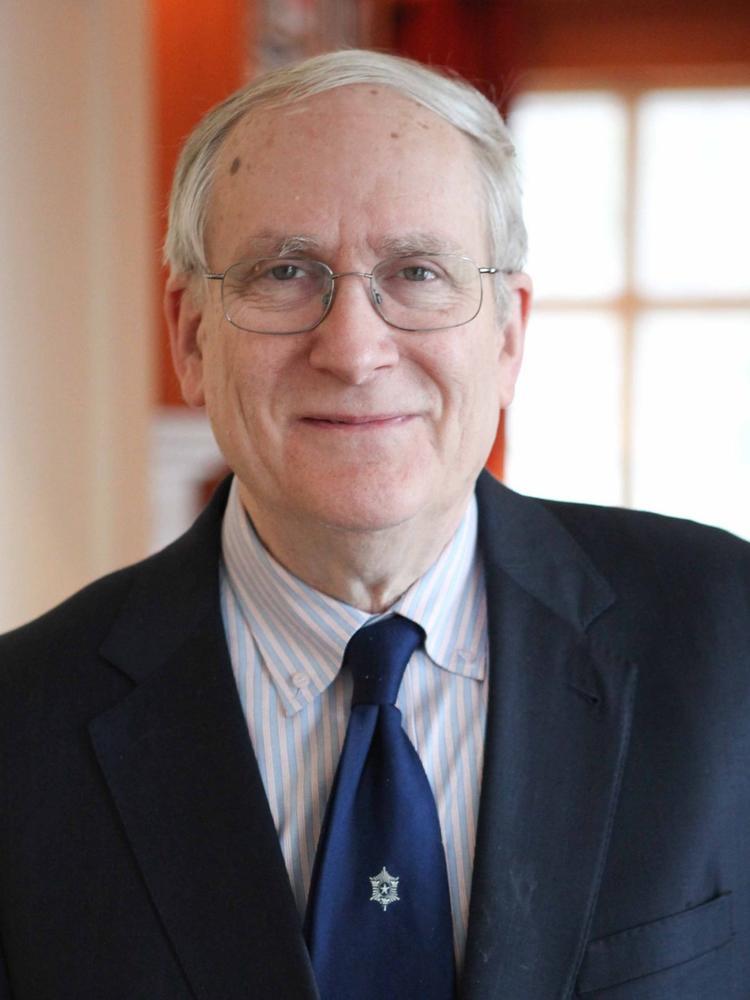
Thomas DaCosta Kaufmann

Thomas DaCosta Kaufmann
Professor Kaufmann teaches and publishes on European art and architecture 1500–1800 in its global context, the theory and practice of world art history, and the geography and historiography of art. He continues to publish on various aspects of northern and central European art and the history of collections. In 2019 his students defended dissertations on Henri IV of France and the arts, art and confessionalism in northwestern Germany, and painting, drawing, and art theory in 17th-century Sweden. Current doctoral candidates are working on battle paintings of New Spain (1650–1700); Flemish pulpits, 1650–1750; Czech Baroque sculpture; palace design under Maria Theresia; Clock-making and European Chinoiserie in Qing China; Late Eighteenth-Century Jesuit Studies of China; the Hanseatic art world; and Classical Reception and Eastern European Transformations of Hygiene in the Long Eighteenth Century.
At Princeton, Kaufmann is a board member of the programs in Latin American Studies and in Renaissance and Early Modern Studies and a faculty associate of the Princeton Institute for International and Regional Studies. He is a member of many fellowship and advisory committees, organizations, and associations, and a regular participant in museum exhibitions, and at conferences and lectures on five continents. Formerly vice president of the National Committee of the History of Art, he served on its board for a decade. He serves as editor-in-chief of the Oxford Bibliography of the History of Art.
Professor Kaufmann has been a fellow of the American Academy in Rome and the American Academy in Berlin, and is a member of the Royal Flemish, Latvian, Polish, and Swedish Academies of Science. The Czech Academy of Sciences awarded him the Palacký Medal. Among his many honors and fellowships, he was awarded the degree of Doctor Philosophiae Honoris Causa by the Technische Universität, Dresden, in 2010; the diploma cited the quality of his scholarship, especially on Central Europe, its application as a basis in the effort to establish a more global history of art, and his services for international collaboration and mutual understanding among nations. In November 2013, he received an honorary doctorate from Masaryk University in Brno.
Ph.D., Harvard University, 1977
